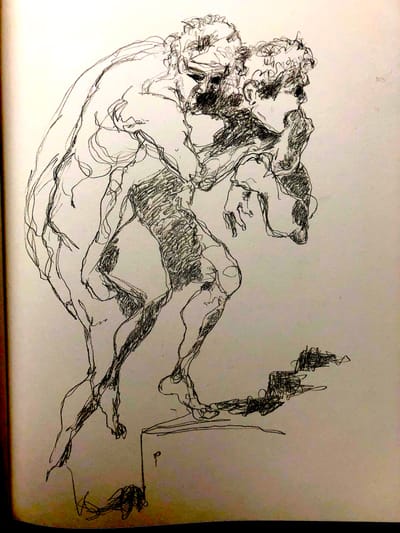Articles #LA Paul
One of the main objectives of my recent work has been to rehabilitate imagination in terms of its epistemic usefulness. I think that by attending to the way that imagination works in both instructive and transcendent contexts, we can better see how imagination can be used to teach us about the world. One reason that it’s important to treat these two uses together – that we shouldn’t go incompatibilist, as it were – is that we seem to slip seamlessly from transcendent to instructive uses, and back again. Continuing the End Times series, Richard Marshall interviews Amy Kind
Read MoreMost people, when they hear about determinism, imagine the universe as a whole unfolding with physical necessity from initial conditions that were laid down shortly after the Big Bang. There’s this metaphorical origin story that has God specifying the laws and then laying down each of the particles of which the universe was made at a particular position with a particular momentum, thereby fixing everything that will ever happen over the whole history of the universe. If one is thinking in this way, then one’s own life will appear as part of this unfolding totality and it seems that its sense of restless contingency will seem an illusion. If we take physics on its own terms, however, we come away with a very different picture of what determinism entails and our own place in the causal fabric of the world. Continuing the End Times series, Richard Marshall interviews Jenann T Ismael
Read More
